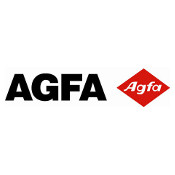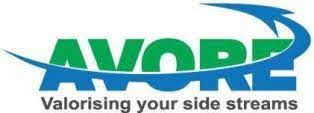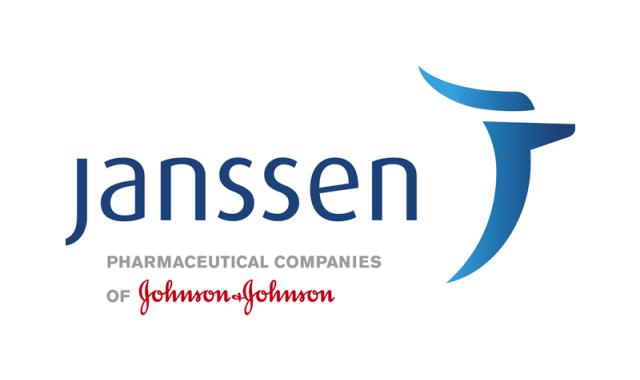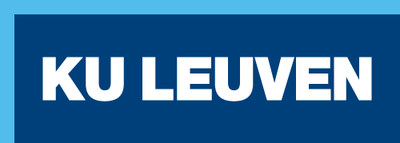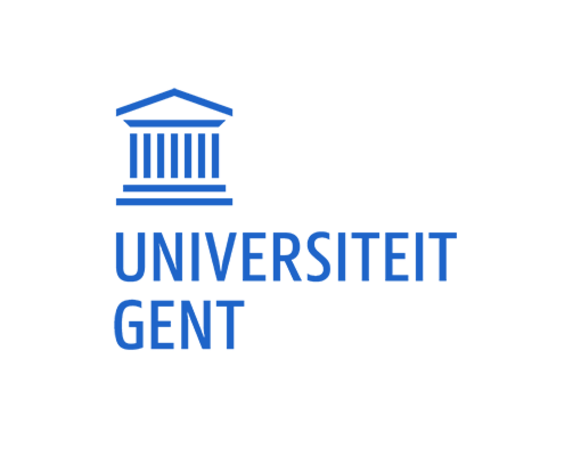Development of a Center of Expertise and Pilot Production Installation for Industrial Flow Processes in Flanders
Framework
The fine-chemical processing industry in Flanders is to date still almost exclusively organized in terms of relatively large multi-purpose batch installations. Mainly under influence of the pharmaceutical industry in Europe and the US, a lot of research efforts have emerged in the field of continuous processing in the last decade. At first, this research was mainly focused towards small scale laboratory work, in the last couple of years more and more reports of pilot-scale and even full scale production developments in flow chemistry are being made. With the exception of some individual companies, the fine-chemical processing industry in Flanders is currently lagging behind in its adaptation of continuous processing.
Goal
With the ATOM project, the consortium wishes to make a start in building a true knowledge platform around flow chemistry in Flanders, and to investigate the feasibility of a flexible flow chemistry pilot production installation that would be open for contract manufacturing and pilot production for interested partners. By bringing together four industrial partners with a keen interest in this new technology and four academic groups with a proven track record in this field, we plan to make a serious step in the direction of anchoring the continuous processing knowledge needed to implement this technology in the Flemish chemical processing industry. Specifically, the main goals of this project can be summarized as follows:
Companies exploring the possibilities of flow technology to increase their production efficiency. Assuring that the scientific and technological knowledge is available and accessible, together with an accessible pilot plant facility, it will be possible for both the industrial partners from this project and other interested parties from within the Flemish chemical community to make a well-motivated choice between batch processing and flow processing for different chemical processes.
Learn more about the technology
The fine-chemical processing industry in Flanders is to date still almost exclusively organized in terms of relatively large multi-purpose batch installations. Mainly under influence of the pharmaceutical industry in Europe and the US, a lot of research efforts have emerged in the field of continuous processing in the last decade. At first, this research was mainly focused towards small scale laboratory work, in the last couple of years more and more reports of pilot-scale and even full scale production developments in flow chemistry are being made. With the exception of some individual companies, the fine-chemical processing industry in Flanders is currently lagging behind in its adaptation of continuous processing.
Goal
With the ATOM project, the consortium wishes to make a start in building a true knowledge platform around flow chemistry in Flanders, and to investigate the feasibility of a flexible flow chemistry pilot production installation that would be open for contract manufacturing and pilot production for interested partners. By bringing together four industrial partners with a keen interest in this new technology and four academic groups with a proven track record in this field, we plan to make a serious step in the direction of anchoring the continuous processing knowledge needed to implement this technology in the Flemish chemical processing industry. Specifically, the main goals of this project can be summarized as follows:
- Evaluate a number of specific processes from the partnering companies under flow conditions and prepare them for scale-up, if appropriate. The processes to be studied will cover a wide span of reaction conditions (multiphase, highly exothermic,…) so they can be considered to be generic for other applications from current and possibly future partners as well.
- Gather the design input needed for the development of a multipurpose pilot plant flow reactor to produce pilot quantities of identified materials
- Setting up a scientific, technological and economical centre of expertise for flow reactors, available for broad use by the Flemish chemical industry
Companies exploring the possibilities of flow technology to increase their production efficiency. Assuring that the scientific and technological knowledge is available and accessible, together with an accessible pilot plant facility, it will be possible for both the industrial partners from this project and other interested parties from within the Flemish chemical community to make a well-motivated choice between batch processing and flow processing for different chemical processes.
Learn more about the technology
Project Details
Project Partners
| Project type: | ICON |
| Approved on: | 18/06/2014 |
| Duration: | 31/08/2014 – 31/10/2016 |
| Total budget: | €1.695.572 |
| Subsidy: | €1.325.140 |


